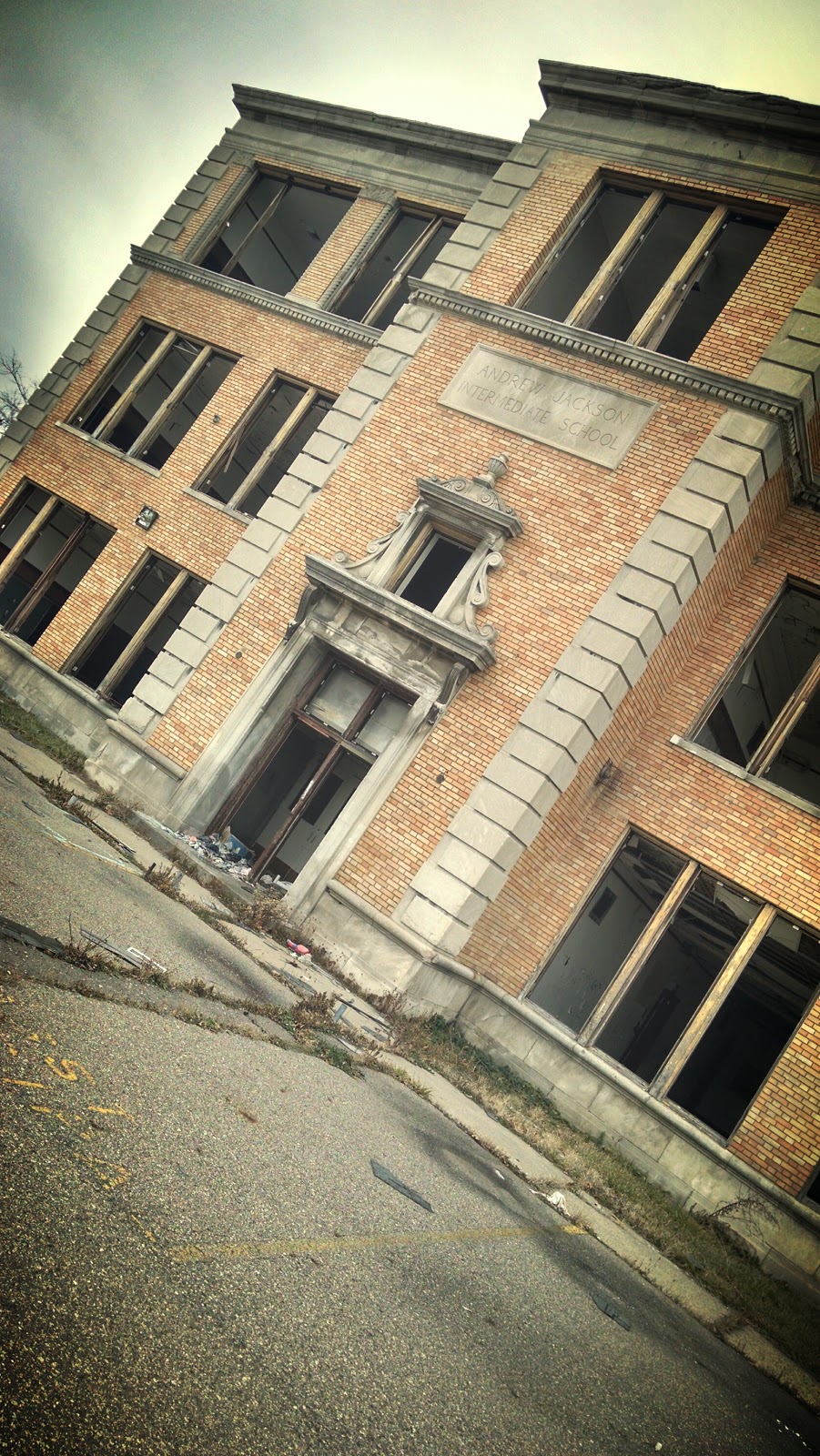Recently, I listened to NPR's This American Life Episode 538: Is This Working? This episode outlined the difficulties teachers and students face when it comes to inappropriate school behaviors and the discipline that is doled out regarding those behaviors. After listening, I found myself feeling anger, frustration and fear. The big question being asked is: IS THIS WORKING? and I would have to conclude that it isn't.
As a district, we are moving to the MTSS (Multi-tiered Systems of Support)/PBIS (Positive Behavior Intervention System) model. In particular, the PBIS model teaches students the behaviors that are expected, rather than constantly punishing the behaviors that are inappropriate. The MTSS system places students in a tiered level of academic intervention, where the bottom tier requires the least intervention and the top requires the most. The idea is, that the interventions will have a long term impact so that ten years down the road, our alternative population might look very different, academically and socially. The problem with the system is that by the time students reach the alternative education program, they are all in the top tier. This results in our entire population needing the most academic and behavior intervention.
So, I question; what do we do in these ten years to teach our students the skills they need to be successful inside and outside of school? The problem with current discipline systems is that they are primarily punitive. There is very little room for restoring order and repairing harm. There is very little room for helping kids make better choices. There is very little room for focusing on the positive things our kids are doing. This makes it very difficult for us to work with students at the tail end of their K-12 education, especially when they bring the heavy baggage of school failure with them.
I am left wondering about the long term effects of punitive discipline processes. If we ask ourselves the questions: what messages are we sending to kids when we give them demerits, detentions, suspensions, expulsions? what answer will we come up with?
I wanted an answer to this, so I talked with several of our students regarding discipline and what they've experienced in schools. While many have experienced discipline related to behavioral issues, they've also experienced discipline for academic reasons. For many of them, their school problems began in middle school when academics became more difficult and social relationship issues tripled the complications they faced. They felt that teachers did not care about them as a person, or as a student which made going to school incredibly difficult. When they didn't understand something in class, they received responses like "it's on the board," "you need to re-watch the lecture video," "you should get a tutor," and "if you came to school more often, you wouldn't be so behind." While all of this might be true, none of it is helpful for students who are struggling in multiple facets of their education. When they've felt that teachers weren't helping them with their school work, they started skipping and disrupting class and eventually being 'pushed out' of their home school for poor academic achievement. This has left them feeling stupid and like losers.
So, if you are a student who has experienced this kind of school failure, what attitudes will you have towards authority? Education? Your Future? When the very people who are supposed to help you become the enemy what does your future look like? Some would argue that these punitive disciplinary systems push students into the School to Prison Pipeline: "a disturbing national trend wherein children are funneled out of public schools and into the juvenile and criminal justice systems (ACLU, Teaching Tolerance, Rethinking Schools)."
Based on the data in our school population, this just might be true. A large portion of our
students are in the system and have been since a fairly young age. I'm thinking that the changes taking place in Kindergarten this year, due to implementation of MTSS and PBIS, are wonderful, but they aren't going to help the current kids who we are failing.











